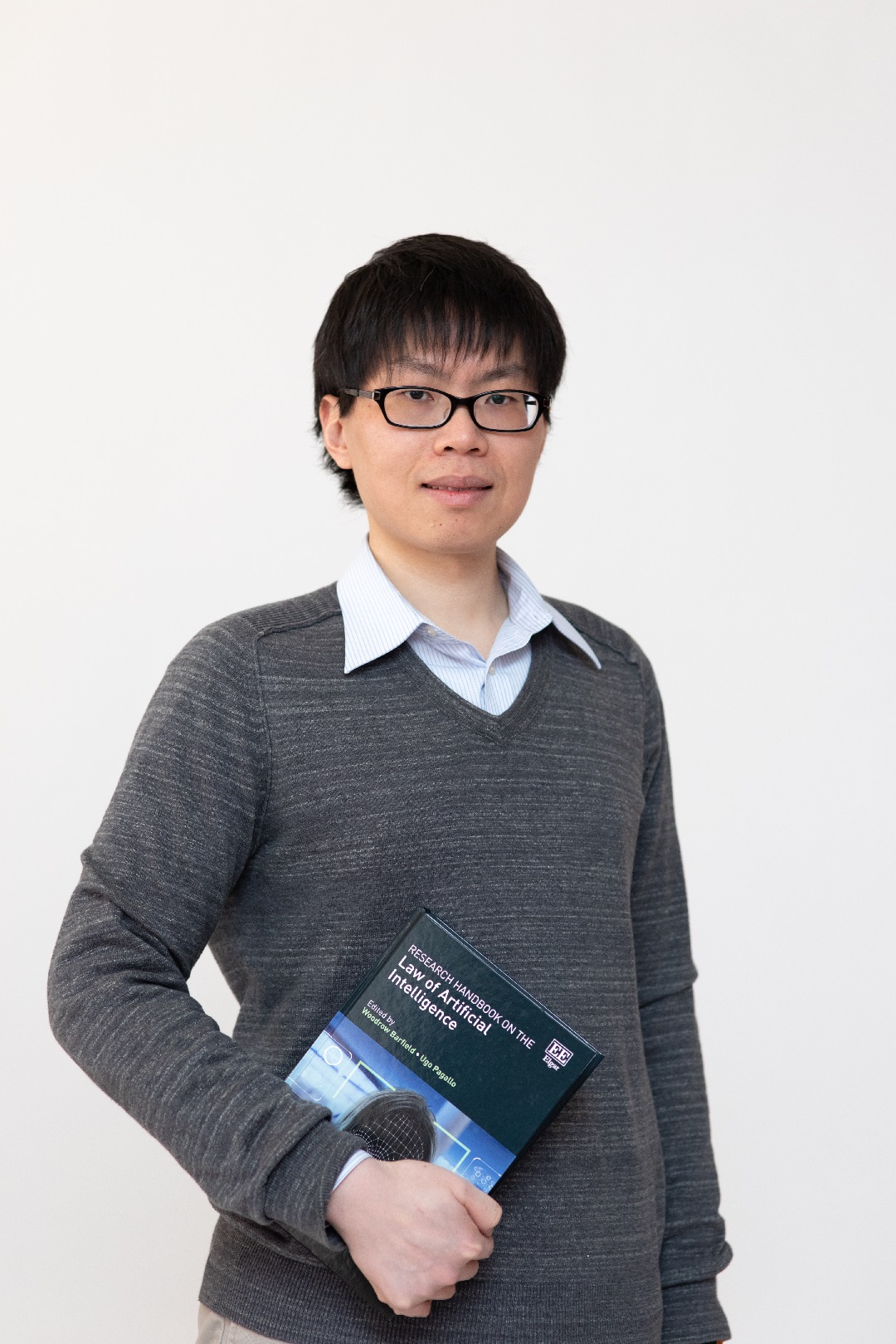
Staff
Staff

Dr. Yueh-Hsuan WENG
Associate Professor (Inamori Frontier Program)
Specialized Fields
New Types of Jurisprudence, Intelligent Informatics
(AI & Law, ELSI, Standardization, Legal Informatics, Legal Engineering, Ethical Design)
My research theme is how to use and combine interdisciplinary perspectives (i.e., standardization, legal informatics) and empirical analysis methods to explore the pacing problem and the compliance problem in AI governance. Compared to the theoretical analysis often used in ELSI research, empirical analysis allows us to understand and find ways to address the debates behind technology governance from a more scientific and objective perspective. Therefore, my recent focused research topics are on “theory construction of research methods for empirical research on ELSI for intelligent robotics” and “the application of AI ethical standards in the field of intelligent robotics”.
My research theme is how to use and combine interdisciplinary perspectives (i.e., standardization, legal informatics) and empirical analysis methods to explore the pacing problem and the compliance problem in AI governance. Compared to the theoretical analysis often used in ELSI research, empirical analysis allows us to understand and find ways to address the debates behind technology governance from a more scientific and objective perspective. Therefore, my recent focused research topics are on “theory construction of research methods for empirical research on ELSI for intelligent robotics” and “the application of AI ethical standards in the field of intelligent robotics”.
Message
The book that inspired me most during my time in university was Bart Kosko's ‘Fuzzy Thinking.’ Specifically, Kosko’s book allowed me to imagine a future in which artificial intelligence (AI) technology can improve our legal system by assisting judges in making decisions. The book also gave me the courage to approach my research career in an interdisciplinary fashion and combine my study of AI and the law. I ultimately chose to complete a master’s degree in engineering after graduating from law school. With the technical advancements in AI, the following decade will be critical in the interdisciplinary study of AI and the law, especially when specific legal norms and ethical standards for the governance of AI will gradually mature and become established. In the age of AI, with all of its challenges and opportunities, we should remain curious of the unknown and we must remember to heed the old Chinese proverb, "a journey of a thousand miles must start with the single step”.Brief History
- 2014
- Ph.D. in Law, School of Law, Peking University
- 2015
- Executive Assistant, FOXCONN Brasil Industria e Comercio Ltda
- 2017
- Member, Law & Policy Committees, IEEE’s Ethically Aligned Design (EAD) AI Guidelines
- 2017
- Assistant Professor, FRIS, Tohoku University
- 2017
- Assistant Professor, Graduate School of Engineering, Tohoku University
- 2018
- Visiting Assistant Professor, Faculty of Law, The University of Hong Kong
- 2018
- TTLF Fellow, Stanford Law School
- 2019
- Visiting Scientist, RIKEN Center for Advanced Intelligence Projects
- 2021
- Tohoku University Prominent Research Fellow
- 2022
- Chair, IEEE P7017™ Working Group
- 2023
- Co-Chair, Technical Committee on Robot Ethics, IEEE Robotics and Automation Society
- 2023.Dec.1
- Associate Professor (Inamori Frontier Program), Kyushu University

